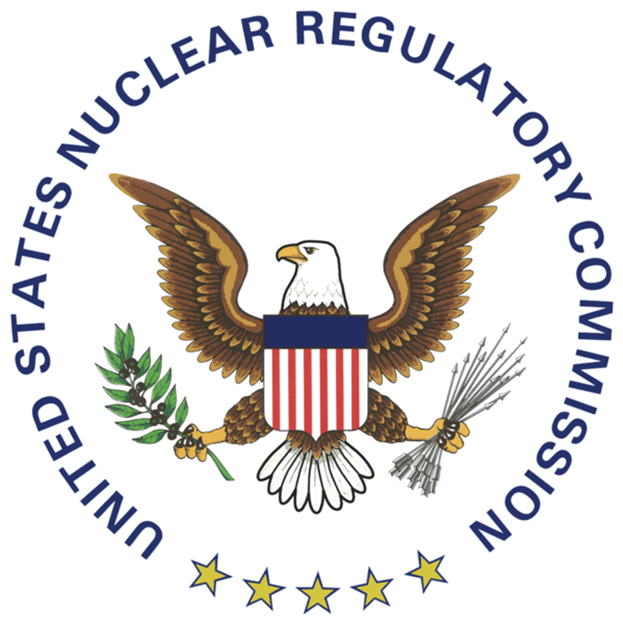Part 2 of 2 Parts (Please read Part 1 first)
The fleet of old, decrepit commercial nuclear power reactors in the U.S. must be inspected for embrittlement as soon as possible. Any reactors with serious embrittlement must be immediately shut down. Nuclear power in the U.S. is under the jurisdiction of the Nuclear Regulatory Commission (NRC). There is serious concern that the NRC has succumbed to what is called “regulatory capture” which means that the domestic nuclear industry has far too much influence over the regulators.
There have been three globally famous nuclear power plant disasters including Three Mile Island, Chernobyl and Fukushima. These have all resulted in a public backlash against nuclear power. Decisions makers and investors have also been increasingly reluctant to back nuclear power. The cost of safe, green, clean renewable energy, led by solar and wind, has been steadily dropping for decades. Energy efficiency has been increasing and the cost of natural gas is at a record low. All of these factors have contributed to the ongoing collapse of the nuclear power industry.
There are only two commercial nuclear power reactors currently being built in the U.S. These are Unit 3 and Unit 4 at the Vogtle nuclear power plant in Georgia. The cost of these two Units is way over budget at an estimated thirty billion dollars and construction costs are still increasing. Almost all of the nuclear power plants in the U.S. are producing electricity at a much higher cost than electricity generated by solar and wind installations.
The NRC is working had to keep the nuclear power industry alive by issuing greater and greater extensions of the licenses for nuclear power plants. This month, the NRC held a meeting for public input on its plan to extend operating life spans of commercial nuclear power plants to one hundred years. Many of the speakers who attended the meeting spoke against the proposed license extensions.
Erica Gray is the nuclear issues chair of the Virginia Sierra Club. She pointed out that currently there is no permanent solution for the disposal of spent nuclear fuel in the U.S. She said, “It’s time to stop this whole nuke con job. It is unethical to continue to make the most toxic waste known to mankind. And renewable energy can power the world.”
Paul Gunter is the director of the Reactor Oversight Project of the national organization Beyond Nuclear. He said that their position on the extension of operating licenses to one hundred years was an emphatic “No”.
Speaker after speaker at the NRC meeting raised the possibility of serious nuclear accidents if reactors are allowed to continue to operate up to one hundred years.
On January 27, President Biden announced a climate change agenda to transition the U.S. towards renewable energy sources. Obviously, the use of fossil fuel must end in order to mitigate climate change. But that will not be enough because nuclear power also contributes to global warming despite repeated false claims that it is carbon-free power. The entire “nuclear fuel chain” including uranium mining, milling and fuel enrichment is carbon intensive. The nuclear power plants themselves emit carbon-14 which is a radioactive form of carbon.
